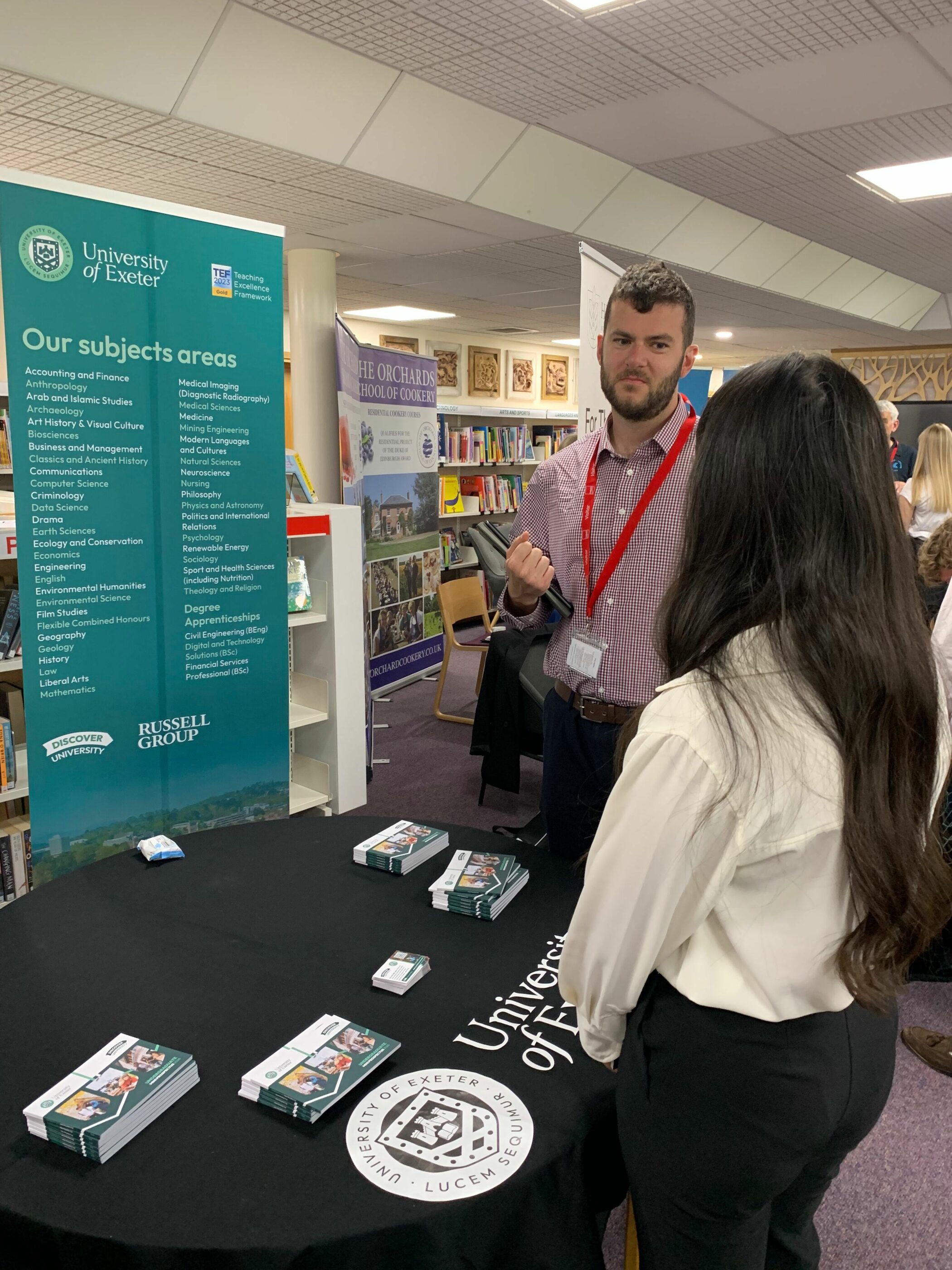In celebration of International School Library Month (ISLM), Oakham School explores how books play a vital role in promoting equality and common humanity for our pupils.

With the theme of International School Library Month being “Fairy Tales and Folktales Around the World”, Lucy Breag, Head of Library at Oakham School, and her team discuss the importance these stories have in the modern world.
In a land not so far away from the classic ‘Once Upon A Time…’ tales, there is an important lesson to be learnt in the wider messages of diversity and cultural acceptance which resonate with children of all ages.
Broadening our views
Oakham is a richly varied place to live and learn due to the fantastic mix of different cultures being represented by our local, national and international pupils. Blending their experiences, backgrounds and traditions means all of our pupils will grow up in an inclusive community where they can gain a better understanding of the diverse outside world.
An important part of allowing children to learn about these cultures is through the benefits of reading and taking the time to really understand and get lost in a story. Folktales encourage children to ask questions and be curious by providing an insight into the lives of other cultures from different places and different periods of time. They bring experiences of stories from around the world and allow children to learn about cultures that may be new or unfamiliar.
In learning about another culture, a child’s view of the world will broaden, allowing them valuable insights into where their present-day customs, beliefs and ways of life have come from. Knowledge of the similarities and differences between cultures helps promote understanding and appreciation of people from all walks of life.
Our role as educators
As an IB World School which offers the IB Diploma and IB MYP, Oakham has the responsibility of creating caring pupils with an appreciation of our shared guardianship of the planet and the common humanity of those living on it.
The library plays a role in both providing literature (fiction, poetry and non-fiction as well as folktales) that opens pupils’ eyes to the world around them and collaborating with departments to develop international mindedness through global engagement and intercultural understanding.
The Smallbone Library’s vast collection of fiction and non-fiction books means the children can read translated fiction books and stories set in different cultures as they progress through the School. Pupils at Oakham School are encouraged to read books from other cultures through the Oakham Reading Journey, with, for example, a world literature category featuring on the Form 1 stage and with Form 2 pupils being encouraged to read about a journey, another time or place, conflict, or a novel in translation.
Form 2 pupils are currently considering the topic of migration and, within this, literature has played an important role in encouraging them to explore the reasons why people leave their homes, the journeys they undertake to find safety and their experiences on arrival in a new country.
Boy, Everywhere by A. M. Dassu is a significant example of how stories and hardships from different cultures can be expressed – and ultimately understood – through the written word. The book follows the harrowing story of 13-year-old Sami – a refugee travelling to the UK from Syria – and allows readers to gain an insight into his world whilst emotionally connecting with a story that’s so relevant in today’s society.
Why folktales resonate with children
Folktales very often contain humorous or mischievous characters who are attractive to young readers and keep them engaged. Although they are likely to contain a moral at the end, this moral is not always obvious as you read the tale and this mysterious ending is a device to keep children reading and guessing as they read.
Acceptance is key
Understanding other cultures allows us to see how similar everyone really is, which should lead to greater acceptance and tolerance of everyone, by everyone. It is through this understanding of another culture that children build their empathy skills, which help them understand how it might feel to be in the shoes of a child from another culture and to appreciate how different a child from that background might feel in our community.
As we live in a global community, our social, political and economic wellbeing is closely connected to other cultures. An understanding of those cultures allows us to be involved in global affairs more effectively and the global context of IB MYP is evident in many of our library initiatives and links in with work around the UN Sustainable Development Goals.
Acting as both a window and mirror into other worlds and cultures, folktales have played an essential part in celebrating diversity in their ability to pass on the beliefs of other communities in a creative and easily understandable way. By their nature, these stories have been passed from generation to generation to teach children their society’s customs, attitudes, values, and philosophies of life. Therefore, opening our pupils’ eyes to traditional tales, opens their eyes





